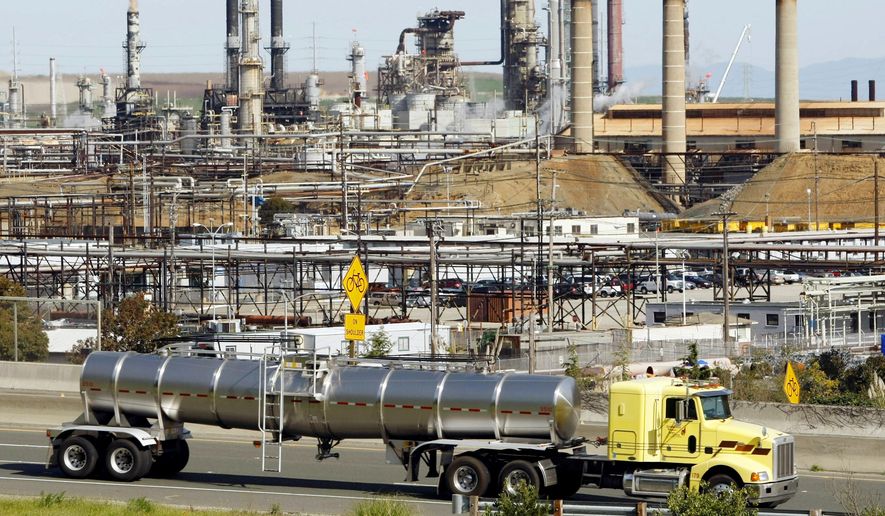A San Francisco judge on Wednesday held a climate change class in his courtroom, an unprecedented move that could mark a sea change in how the U.S. legal system approaches global warming and greenhouse gas emissions.
As he prepares to hear landmark cases brought by the cities of San Francisco and Oakland against some of the world’s top oil companies, U.S. District Judge William Alsup said he first needed to lay a scientific foundation for the trial. He submitted a list of eight questions to lawyers for both sides, asking them to, among other things, teach him “what caused the ice ages” and “what’s the molecular reason that CO2 is a greenhouse gas, unlike oxygen and nitrogen?”
The unusual proceeding began Wednesday morning and marked the first time a federal judge has used a courtroom to consider the science of climate change.
“This is a serious proposition to try to educate the judge,” Judge Alsup said.
The case hinges on whether oil companies such as ExxonMobil, Chevron, BP, and others are responsible for climate change, and whether they intentionally hid from the public data that show their products contribute to global warming. San Francisco and Oakland, along with New York City and a half dozen other California cities, have brought the suits.
Even as they took part in Wednesday’s teaching session, fossil fuels companies want to see the entire case tossed out, arguing that it’s ridiculous to lay the blame for climate change at their feet when virtually everyone in America — including the very cities bringing the suits — have for decades burned oil, gas and coal.
“Anyone in the world could be brought in in the case, including the plaintiffs themselves,” said Chevron lawyer Joshua Lipshutz, as quoted by Scientific American. “San Francisco and Oakland are large consumers of fossil fuels and large emitters of greenhouse gas emissions.”
Attorneys for the oil companies on Wednesday stuck to that argument, deciding against a debate over whether humans have played a role in climate change. The legal teams seemed to accept the conclusions of leading scientists and United Nations panels that have found humans, and their burning of greenhouse gases specifically, have played a major role in climate change.
Specialists say they’ve never seen a judge kick off a trial with a lesson on science and climate change. Even though lawyers for the defendants didn’t seem to dispute any of the widely accepted science behind climate change, some analysts say Judge Alsup still should make clear his court will accept that science and not allow the potential trial to become a forum for global warming deniers.
“It’s in the public’s interest for the judge to have a strong grasp of the science before deciding the merits of the case,” said Edward Maibach, director of the Center for Climate Change Communication at George Mason University. “The judge should be careful, however, not to fall prey to giving equal air time to all views of the science, because doing so would be misleading.”
Whether oil companies’ products actually contribute to climate change could end up being the secondary focus of the case. Instead, the plaintiffs are preparing to argue that those companies knew the effects of their products and deliberately tried to hide the truth from the public, in much the same way tobacco companies for years denied cigarettes cause cancer and other serious medical problems.
“We’ll see whether big oil acknowledges the scientific consensus and its role in causing climate change or doubles down, once again, on deception,” San Francisco attorney Dennis Herrera said in a statement after Wednesday’s proceeding.
• Ben Wolfgang can be reached at bwolfgang@washingtontimes.com.




Please read our comment policy before commenting.